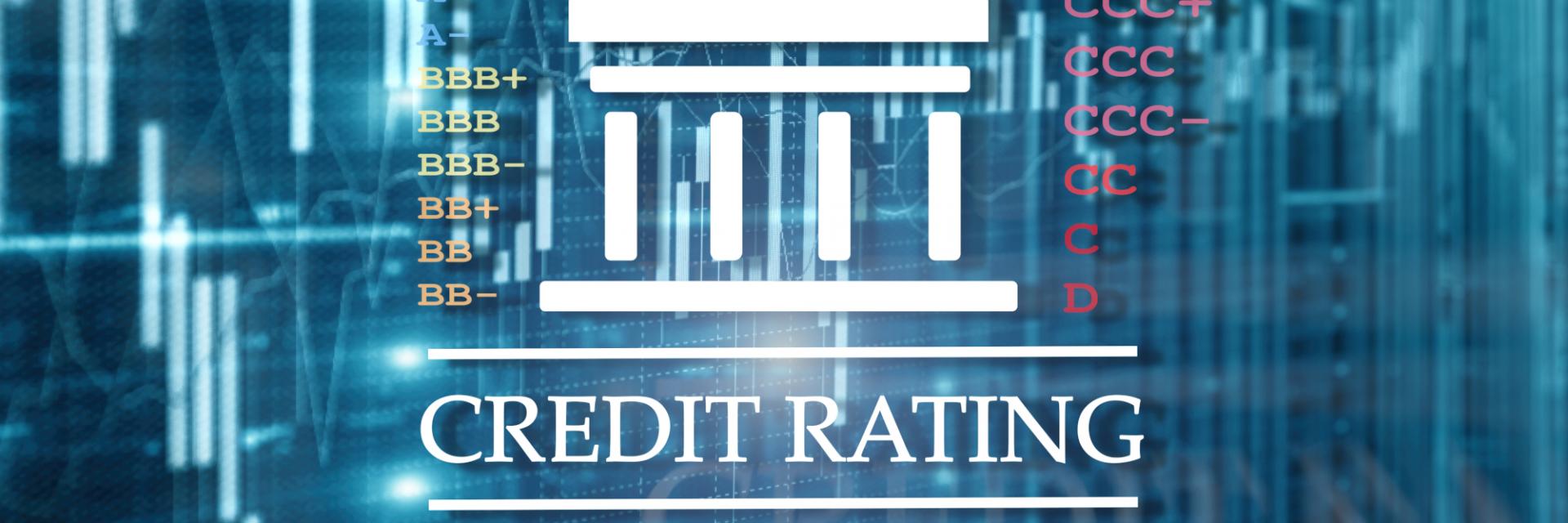Cape Town, 20 May 2025 - African policymakers are stepping up calls for greater transparency and fairness in how global credit rating agencies assess sovereign risk, warning that opaque and inconsistent methodologies are costing the continent billions in lost investment and higher borrowing costs.
At a workshop that seeks to promote transparency and build capacity around the sovereign credit rating processes used by major international credit rating agencies, finance officials and economists from across Africa said the current system is failing to reflect the true economic fundamentals and resilience of African economies.
“This is a space where power is exercised,” said Raymond Gilpin, Chief Economist for Africa at the United Nations Development Programme (UNDP). “And when you don't understand how the power is exercised, you will always be behind.”
The two-day workshop, hosted by the African Peer Review Mechanism (APRM) in partnership with the UN Economic Commission for Africa (ECA), UNDP Africa, and Africatalyst, is taking place just ahead of the inaugural Africa Annual Credit Ratings Conference, which opens on 21 May. Organizers say the event is meant to equip governments with tools to navigate, challenge, and actively engage in the credit rating process while addressing macroeconomic challenges that impact national creditworthiness.
McBride Nkhalamba, Director of Research at APRM, speaking on behalf of APRM CEO Amb. Marie–Antoinette Quarte, said the stakes are high. “The methodologies used by major credit rating agencies are often opaque and insufficiently understood,” said Mr McBride. “This workshop is a timely opportunity to demystify these methodologies, build technical capacity among our government institutions and deepen engagement.”
The event features case studies, simulations and peer learning sessions involving finance and central bank officials from Ghana, Kenya, Ethiopia and Zambia.
Zuzana Schwidrowski, Director of the Macroeconomics, Finance and Governance Division at ECA, emphasized the importance of proactive engagement. “Engagement with rating agencies must be informed, confident and proactive - grounded in data and supported by internal coordination,” she said.
Ms. Schwidrowski urged African institutions to take charge of the narrative. “Africa must own its credit narrative,” she said, adding that “this workshop is not just a forum for technical discussion, it is a platform for strategic empowerment.”
Credit ratings are more than technical exercises. They shape Africa’s access to development finance, influence investor decisions, and impact everything from insurance costs to public debt management.
Mr. Gilpin urged African governments to question the assumptions that are often locked into credit ratings. “We must be prepared to challenge what we’re told respectfully but clearly.”
The Africa Annual Credit Ratings Conference, opening 21 May, is expected to bring together stock exchange executives, rating analysts, economists and policymakers for a deeper look at how ratings can unlock domestic financing and support long-term development on the continent.
Issued by:
Communications Section
Economic Commission for Africa
PO Box 3001
Addis Ababa
Ethiopia
Tel: +251 11 551 5826
E-mail: eca-info@un.org

